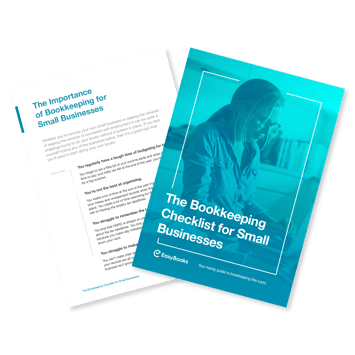Congratulations! Your business is expanding, but if your VAT taxable turnover is over £85,000, you must register for VAT. This is a major milestone for any business, but it comes with responsibilities. Registration is essential if you realise that your total VAT taxable turnover is going to be more than £85,000 in the next 30-day period.
To make it easy to know when to go through registration, here’s who should register for VAT and when.
Who Should Register for VAT
You must register for VAT if your VAT taxable turnover goes over £85,000 (the ‘threshold’), or you know that it will within the next 30 days. Your VAT taxable turnover is the total of everything sold that isn’t VAT exempt. You can register voluntarily if you’re below the threshold and take on the same duties and responsibilities of those required to register.
You might also need to register in some other cases, depending on the kinds of goods or services you sell and where you sell them.
You’ll need to register if you only sell goods or services that are exempt from VAT or ‘out of scope’, but you buy goods for more than £85,000 from EU VAT-registered suppliers to use in your business.
Registering for VAT ensures you’re ready to grow as a business and gives a positive impression to clients and customers. You should ensure that your VAT number is printed on Invoices, Estimates and Statements to show clients you’re a serious business. By the way, you can also reclaim the VAT you’ve paid on some purchases made before you registered. As a small business, cash flow is vital so every penny counts.
When to Register for VAT
As mentioned, if your turnover exceeds the VAT threshold of £85,000, or will do so in the next 30 days, then you must register for VAT. It’s crucial to recognise that this threshold number is liable to change.
You should check what the threshold is for each financial year so you’re up to date. It’s best practice to employ bookkeeping software to keep an eye on your turnover and set up an alert to warn you if you’re approaching the VAT threshold.
However, right now, you must register for VAT if:
You expect your VAT taxable turnover to be more than £85,000 in the next 30-day period.
Example
Let’s say that on 1st January, you realise your VAT taxable turnover in the next 30-day period will take you over the threshold. You must register by 30th January. Your effective date of registration is 1st January.
Your business had a VAT taxable turnover of more than £85,000 over the last 12 months.
Example
Between 25th September 2019 and 26th September 2020, your VAT taxable turnover was £100,000. That’s the first time it has gone over the VAT threshold. You must register by 30th October 2020. Your effective date of registration is 1st November 2020.
You must register if you realise your total VAT taxable turnover will be more than the threshold. If necessary, you can apply for a registration ‘exception’ if your taxable turnover goes over the threshold temporarily.
You’ll need to write to HMRC with evidence showing why you believe your VAT taxable turnover will not go over the deregistration threshold in the next 12 months. HMRC will then consider your exception and write to you to confirm if you were successful. If not, they’ll register you for VAT.
If you register late, you must pay what you owe from when you should have registered. If you want to register for VAT easily when the time comes, we’ve got the resource you need. Please take a look at our blog that details the simple steps you need to do before, during and after registering.
Registering for VAT is an essential step for your business. There’s so much more to learn and utilise for your small business strategy. Legalities, marketing, finance and grants - these will also need consideration so you can grow.
Register for VAT and Get Started With Your Small Business Venture
Even large, well-established businesses feel excited when they hit huge milestones. For small businesses just getting started, there’s so much to organise and tasks to fulfil before you can achieve your goals.
To help you make the first strides, we’ve put together everything a small business owner needs to do. From marketing resources that encourage social engagement to bookkeeping templates that make organising your finances more manageable, all these resources are in one place and ready to use.








